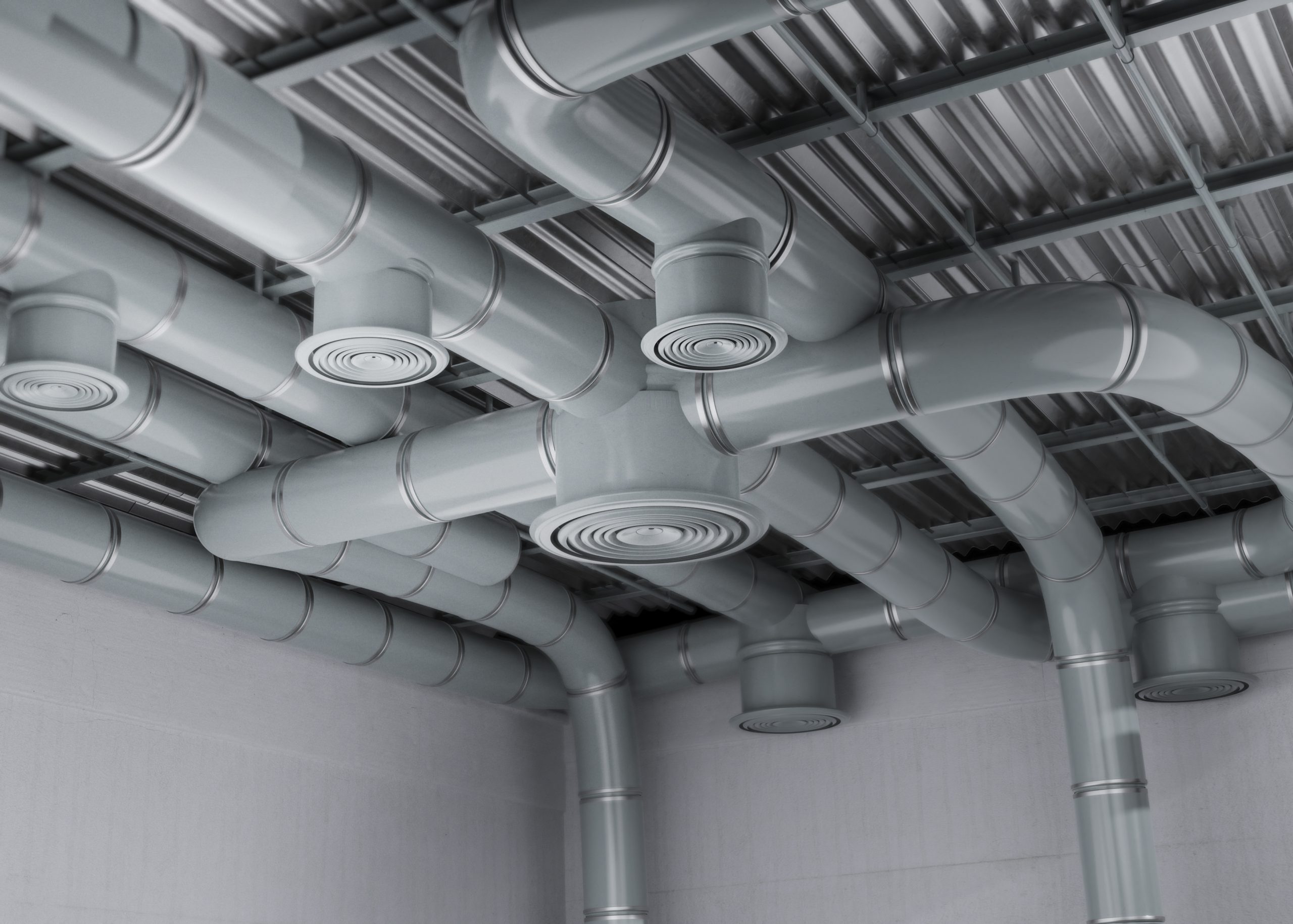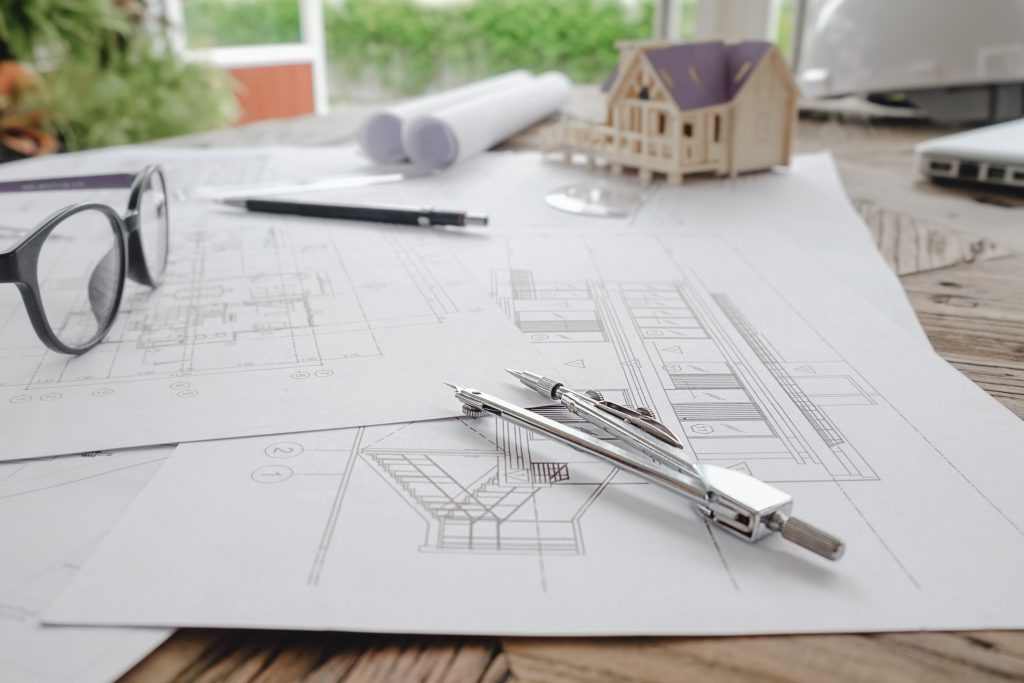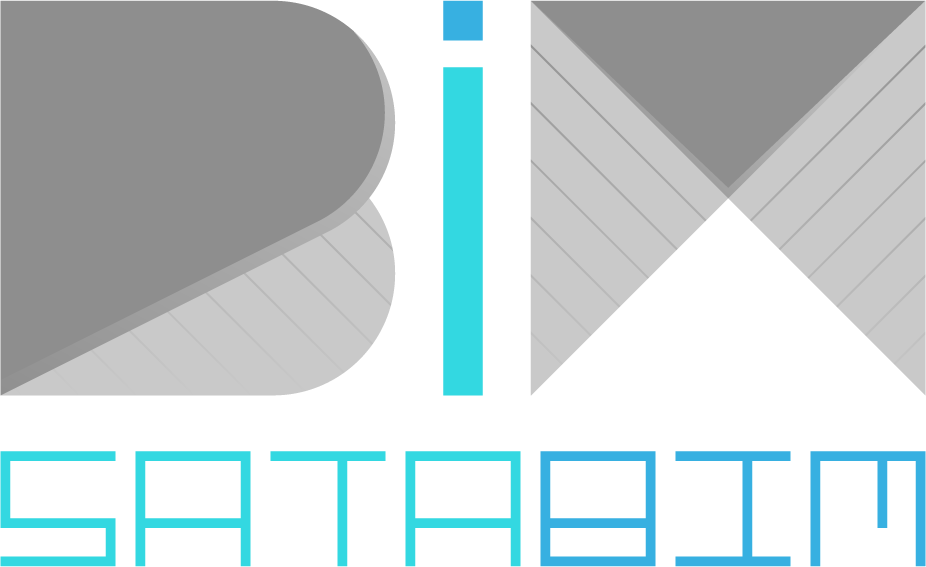MECHANICAL DESIGN

The design of mechanical and electrical installations of the building includes the creation of mechanical and electrical systems such as plumbing, ventilation systems, lighting systems, wiring, elevators, etc. The design of the building facilities and bim modeling of it must be done carefully; Because any mistake in this matter will affect different parts and require the owner to pay extra huge costs. The purpose of designing mechanical and electrical installations of the building is the structure’s safety in the face of natural conditions and changes such as seasonal changes, climate change, and potential hazards such as fire. The better and faster the ability to deal with these changes and troubles, the better and more standard the performance of the mechanical and electrical installation design team.
What is the advantage of mep design?

Adjusting the design plan of building installations, including the design of mechanical and electrical installations, from the very beginning and following the architectural design and structural design helps to make other design items more accessible and purposeful.
Complying with legal standards and requirements and presenting a professional design plan will, in the future, ensure the comfort of the building’s occupants.
Standards dramatically reduce energy waste and overuse when designing and implementing electrical and mechanical installations. In this case, the purchase and installation of standard and branded devices are very effective and complement the bars at the design time.

The Standards that we use for Mechanical Design are:
ANSI (American Nations Standards Institute)
AIR (Air Conditioning Refrigeration Institute)
ASHRAE (American Society of Heating Refrigeration and Airconditioning Engineers)
NFPA (National Fire Protection Association)
NPC (National Plumbing Code)

And for Electrical design:
- Iec60-364
- Iec60-947
- Iec60-898
- Nfc17-102
- Bs7430
- Bs5839
- En54
- Iec60-529

What does the design of mechanical and electrical installations include?
To design an air conditioning system, the following should be considered:
The financial aspect of the project
Climatic conditions of the project (temperature, precipitation, sunlight, humidity, etc.)
Location of the project and its neighborhoods
The amount of heat load inside the building (building occupants and heat generators such as light bulbs)
Physical aspects of the building in terms of adaptation to the desired air conditioning system

The design of electrical installations includes the following:
Our Team always consider some parameters pre-design for each project to have a great result:
-
Geographical study of the area and analysis of climatic conditions of the project site.
-
Provide reports and explanations about the types of air conditioning equipment to the climatic conditions of the place.
-
Explain the advantages and disadvantages of air conditioning systems and suggest the best method according to the existing conditions.
-
Determine the minimum and maximum temperatures in winter and summer according to the relevant tables to optimize energy.

SATA BIM is organized by professional architects who can help you build your projects from the start to the end. You could contact us if you need any advice on the process of any part of what you want. We are here to help you build your projects in the most efficient, Nice Designed, and fast way.
